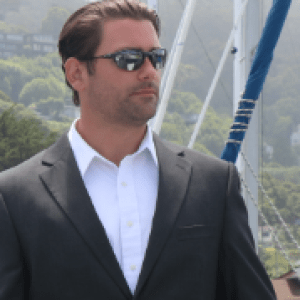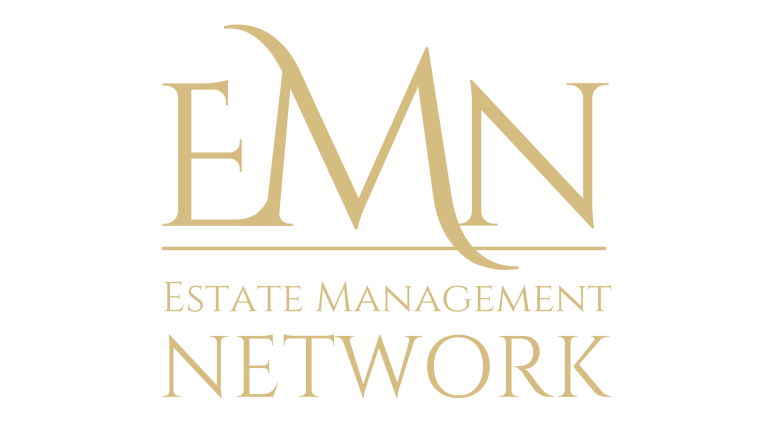Last year I was approached by a somewhat overwhelmed Estate Manager for a well-known billionaire based in Silicon Valley. As she explained her situation, I realized she could use some advice on how to truly evaluate a contract security company.
This content is for members only.
Join Now
Join Now
Already a member? Log in here










